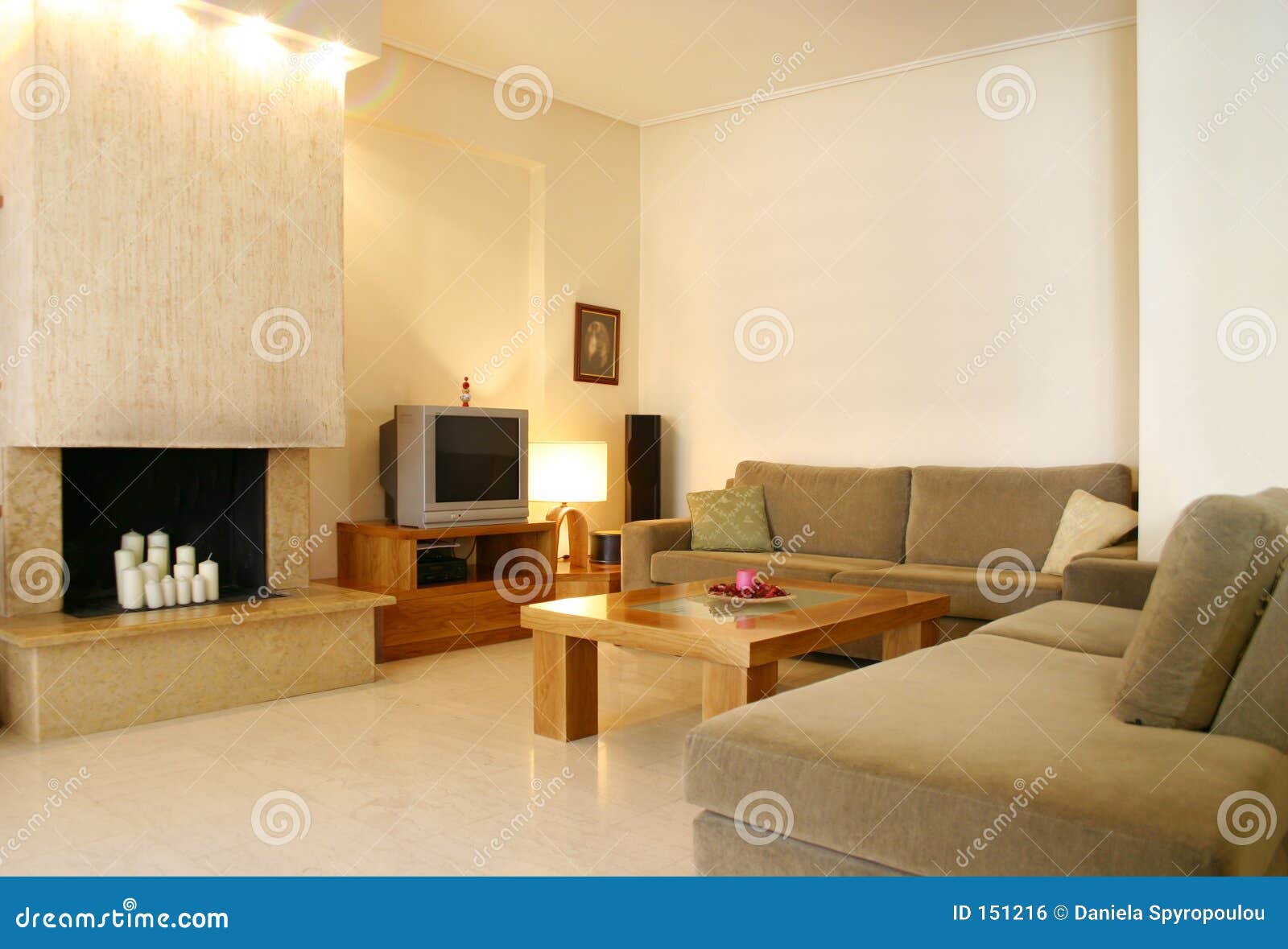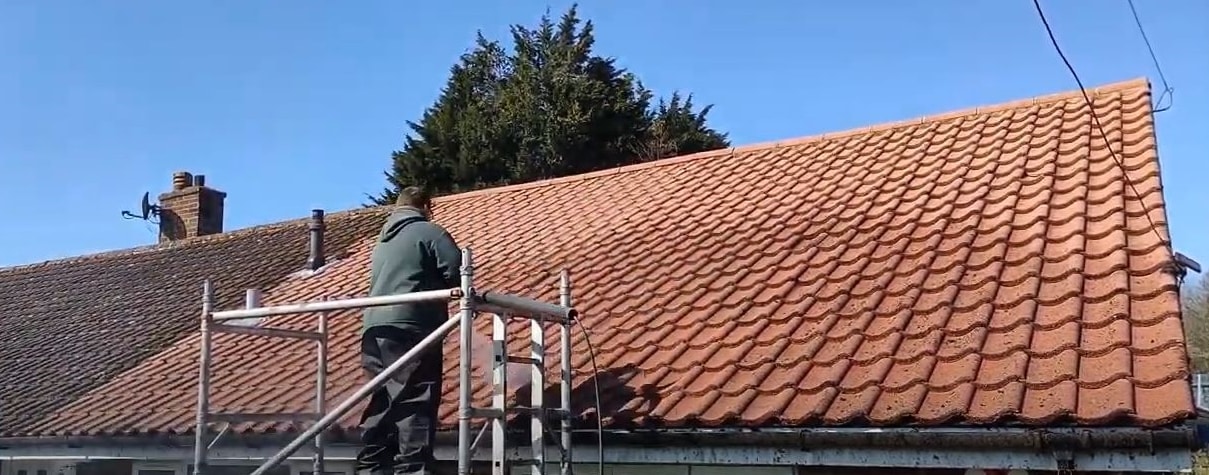Scottish Man Renovates Abandoned Cottage, Turns It Into a Tiny Home
6 min readTable of Contents
ToggleGeorge Dunnett grew up in the small Scottish village of Kinnesswood, about an hour north of Edinburgh. For years, he’d been walking past an abandoned, two-story cottage just down the street from his parents’ home.
George Dunnett
There were plenty of nice houses in the village, but this building was one of the few that was left to crumble. The cottage was old and weathered, and the masonry walls were full of cracks.
“It was kind of dilapidated, so I always thought it was a bit of a shame that it was left to this condition,” Dunnett, a 28-year-old video editor, told Insider.
Even so, he could see the potential the home had.
A thick layer of dust and cobwebs covered the interiors. Nobody had lived in the building for over 50 years, and it was being used as a storage space by the previous owners.
George Dunnett
“There’s a family in the village that’s owned a lot of property that they’ve picked up here and there over the years,” Dunnett said. “This was one of the properties that they owned.”
Based on what he learned from others in his village, Dunnett believes the building dates back to the 1700s, when it was used as a place to bind and distribute religious books.
“People have said that it used to be joined to a church, which was taken down, and that was just the garden of the next-door neighbor,” he said.
After the items were cleared, Dunnett assessed the condition of the house with the help of external contractors.
George Dunnett
Both levels of the house have an open-concept floor plan, with no internal walls to section the space into rooms.
There was almost nothing in the house except for an old fireplace and a flimsy wooden staircase, Dunnett said.
Dunnett was able to work with the builders to maximize the small space and design the home in the way he wanted.
George Dunnett
The plan was to section off two rooms on the lower floor, which would become his bedroom and a bathroom, Dunnett said. The combined living, kitchen, and dining area would be on the second floor.
After layering the ground with cement to create proper flooring, the builders raised the ceiling of the upper level and added insulation to the walls.
“With all the insulation put in, it was actually nice to come in here during the cold winter and have it be semi-warm,” Dunnett said. The only downside was that he wasn’t able to leave the original brick walls exposed on the inside of the house.
Once the electrical wiring was completed, the builders were ready to install the drywall.
George Dunnett
The cottage didn’t have a proper wiring system that would serve the needs of a modern home, Dunnett said.
“With most of the installations completed, the joiner was able to put in the plasterboard to block off the rooms downstairs. This helped me to see how the space would work and made the interiors look much cleaner,” he said.
After the hardwood oak floors were laid, Dunnett and his mom painted the walls.
George Dunnett
“I went with white paint throughout the house to keep it light and cheery, but added a few accent walls in the bedroom and the bathroom using a blue-grey color,” Dunnett said.
The renovated home has one bedroom and one bathroom on the lower floor, and a living, dining, and kitchen area on the second level.
Last but not least, Dunnett had staircase railings installed in the house. It was the moment he was looking forward to the most.
George Dunnett
Up until that moment, there had been no barrier blocking off the open space on the second floor.
“I hated going up the ladder to get upstairs and having this big hole in the floor that overlooked concrete,” Dunnett said. “I had this fear of falling through the hole and landing on my head.”
The renovations took slightly less than a year to complete, Dunnett said.
George Dunnett
Renovation started in January 2021. The bulk of the project was completed by August, and the finishing touches — the staircase railings — were installed in November. Dunnett moved into the tiny house in the end of November, and he’s been living in it ever since.
“This is the first time I’ve ever moved out of my parents’ house,” he said.
In total, the renovations cost £102,458, including solicitors’ and administrative fees, Dunnett said.
George Dunnett
“Using the money I saved up over the years from my work as a video editor and my YouTube channels, I paid for the house and all of the work and furnishing myself, minus the loan amount,” he said.
Dunnett estimates that he spent £157,844 on the entire project, including buying the cottage.
As a first-time homeowner renovating an old house, Dunnett has some advice for others who want to do the same: Expect it to take longer and cost more than you initially think.
George Dunnett
“I was quite naive about just how long it would take,” Dunnett said. “Initially the builder told me it would be two months and it would cost £40,000 to do it all. But with time and as they get into the build, you’ll find that it’ll take at least twice as long and cost twice as much.”
Dunnett already has his eye on another fixer-upper nearby that he hopes to buy with his brother. This time, he’s keen on renovating it himself.
George Dunnett
Dunnett said one of his regrets was that he didn’t have the skills to renovate the cottage himself. But, now that he’s seen how the builders worked on his home, he wants to try his hand on a new renovation project.
“That’s not as severe a project, that’s just a building that needs some work done inside,” Dunnett said of the nearby cottage. “So I’m going to try and do all the joinery work on that and see how much I can actually do myself.”







.jpg)